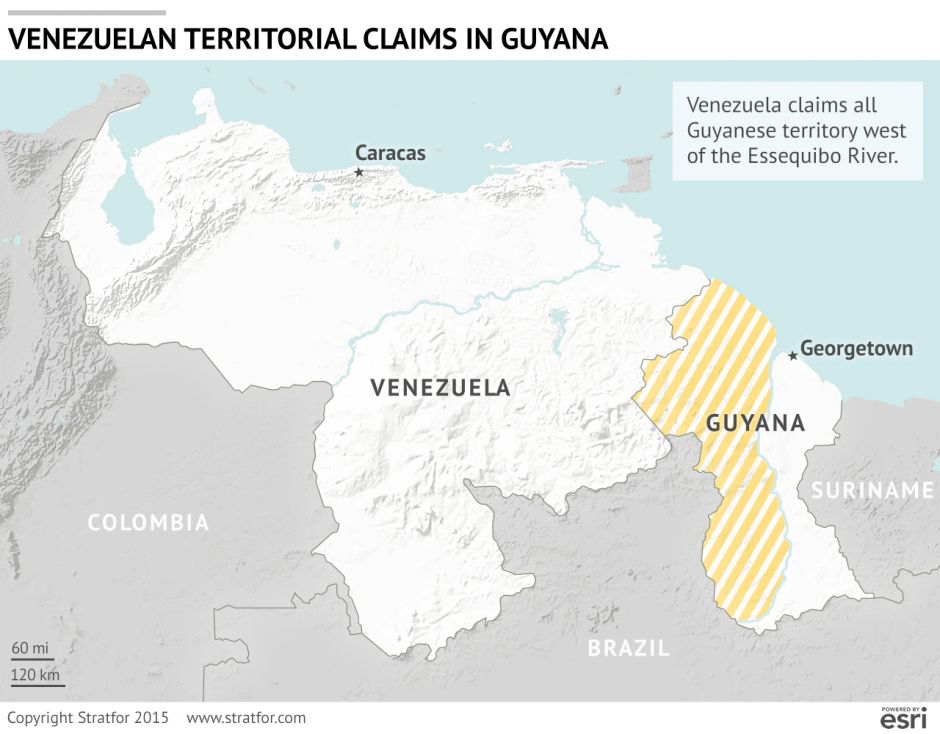Venezuela has denounced Guyana’s recent oil auctions in disputed maritime areas.
The government calls these activities “unlawful,” citing unresolved boundary issues between the nations.
In response, the Venezuelan Foreign Ministry released a statement. It asserts that Guyana lacks sovereign rights over these waters.
As such, actions there defy international law without a deal with Venezuela.
Guyana began its first round of oil block auctions last December. These include 11 shallow-water blocks and three deep-water ones.
Both nations lay claim to the Essequibo region. This area spans 160,000 square kilometers and is rich in minerals and water.

Guyana supports a 1899 border set by a Paris court. Meanwhile, Venezuela refers to the 1966 Geneva Agreement.
This was a deal with the UK that called for negotiated solutions. It also disregarded the older treaty.
The controversy gained steam in 2015. That’s when Exxon Mobil, a U.S. company, found oil near Essequibo.
This area constitutes two-thirds of Guyana. Venezuela asserts that any deals by Guyana in these areas are unacceptable. They say such actions violate their rights.
With a population of 800,000, Guyana holds more than 10 billion barrels in reserves. This could grow with new discoveries.
Even now, the nation leads in per capita reserves globally. In a 2022 interview, Guyana’s President, Irfaan Ali, mentioned that oil and gas would be key for their future economy.
Background
This dispute adds another layer to the already complex geopolitics of South America. Tensions over territory are not new, but oil adds fuel to the fire.
Both nations stand to gain immensely from the reserves. For Venezuela, already in an economic crisis, the stakes are high.
Likewise, Guyana sees these reserves as a gateway to a stronger economy.
International law appears to be in a gray area concerning these claims. It puts global organizations like the United Nations in a tough position.

